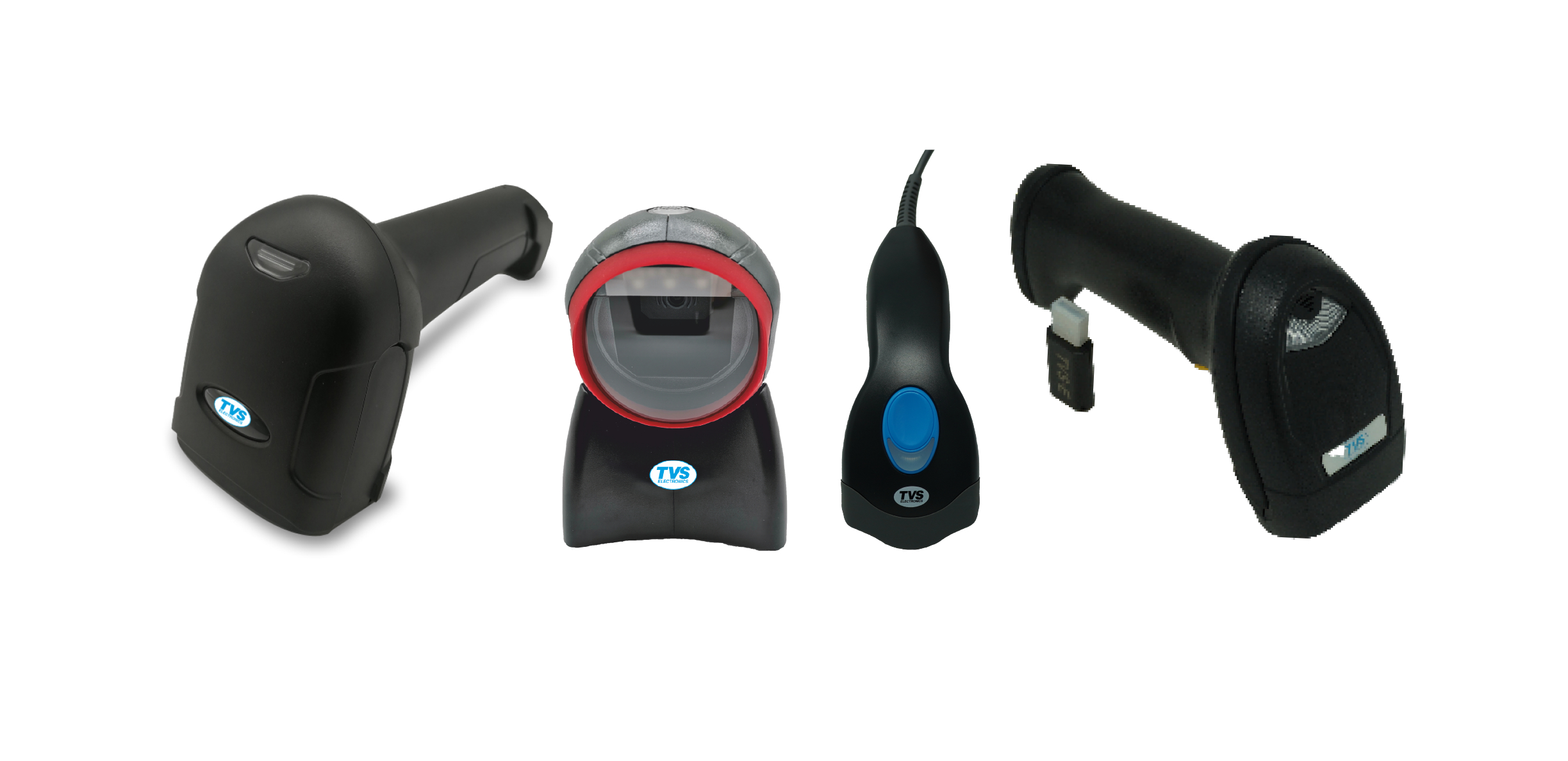Heavy-Duty Barcodes Scanners Built for Industrial Needs
Heavy-Duty Barcodes Scanners Built for Industrial Needs
Blog Article
Selecting the Right Barcode Scanner for Your Service Demands
Choosing the suitable barcode scanner for your company needs a nuanced understanding of your specific functional needs and environmental problems. Elements such as scanner kind, speed, and compatibility with existing systems play a pivotal duty in identifying the ideal option.
Comprehending Barcode Scanner Kind
When it pertains to picking a barcode scanner, recognizing the numerous types readily available is critical for conference certain company demands. Barcode scanners can be categorized right into several kinds, each created for different applications and environments.
Handheld scanners are one of the most usual, supplying mobility and simplicity of usage, making them suitable for retail and inventory management. They commonly attach via USB or Bluetooth, providing flexibility in procedure. Fixed-mount scanners, on the various other hand, are made for high-volume scanning applications, usually found in production line or checkout counters. These scanners are placed in a stationary position, allowing for rapid scanning of multiple things in sequence.
Another type is the mobile computer system, which incorporates scanning abilities with computing power. These gadgets are suitable for area operations or storage facility monitoring, making it possible for information collection and real-time inventory monitoring. Furthermore, there are industrial scanners that are built to endure extreme environments, such as severe temperature levels or direct exposure to dirt and moisture.

Key Functions to Think About
What vital functions should organizations prioritize when choosing a barcode scanner? Scanning speed is important, as faster scanners boost functional performance, particularly in high-volume atmospheres. The scanner's capacity to review different barcode styles is likewise vital; ensure it sustains popular kinds like QR codes, UPC, and Code 128 to accommodate diverse supply items.
Resilience is an additional key function, specifically for companies in sturdy setups. Try to find versions that are built to endure drops, dust, and dampness. Additionally, take into consideration the connectivity alternatives readily available; whether you like USB, Bluetooth, or Wi-Fi, the appropriate connectivity can boost assimilation with existing systems.

Assessing Your Service Environment
To properly pick a barcode scanner, businesses have to take supply of their details operational setting. This assessment includes assessing the physical layout of the office, the nature of the items being scanned, and the common problems under which scanning takes place. As an example, a retail setting may need portable scanners that can quickly process deals at the checkout, while a stockroom setting might gain from ruggedized scanners made to endure harsher problems.
Furthermore, think about the volume of scanning required. High-throughput settings may necessitate innovative scanning technologies, such as fixed-position scanners or smart phones that can go to this website operate successfully in fast-paced situations. The combination abilities with existing supply management systems additionally play an essential role; guarantee the picked scanner can effortlessly get in touch with software application platforms being used.
A scanner that satisfies present needs might not be adequate as service expands. By extensively evaluating these aspects, services can choose a barcode scanner that not only satisfies instant requirements yet likewise sustains long-term operational performance and versatility. barcodes scanners.
Budgeting for Your Scanner
Having analyzed the operational atmosphere and determined the details demands for a barcode scanner, the next action includes careful budgeting to make certain a clever monetary investment. Establishing a budget begins with identifying the total expenses linked with the scanner, including preliminary purchase cost, functional expenditures, and prospective upkeep fees.
When choosing a barcode scanner, consider the series of available options, from handheld gadgets to fixed-position scanners, as costs can differ significantly. It is vital to stabilize cost with performance; going with a much more budget-friendly design may lead to increased operational inefficiencies if it does not meet your service demands.
In enhancement to the hardware, consider prices associated with software program, training, and possible upgrades. While it could be tempting to minimize in advance expense, investing in a top quality scanner that lines up with your functional needs can generate long-term financial savings via improved performance and lowered downtime.
Last but not least, think about the complete cost of possession, which incorporates the scanner's life expectancy and prospective resale value. click to investigate By carefully intending your spending plan, you can make certain that your financial investment in a barcode scanner will improve your functional performance and economic efficiency.
Combination With Existing Equipment
Integrating a barcode scanner with your existing systems is essential for maximizing its efficiency and guaranteeing smooth procedures. barcodes scanners. A well-integrated scanner boosts workflow effectiveness, decreases mistakes, and increases data processing. When picking a barcode scanner, take into consideration compatibility with your current software program and equipment facilities, including your inventory management systems, point-of-sale (POS) systems, and enterprise resource preparation (ERP) solutions
Examine whether the scanner uses conventional methods such as USB, Bluetooth, or Wi-Fi, which can assist in simple integration. In addition, examine whether the scanner's software program supplies APIs or SDKs that permit customization and combination with exclusive systems. This is particularly vital for organizations with unique functional needs.
In addition, consider the scalability of the scanning remedy. As your business expands, your systems ought to have the ability to fit added scanners and handle raised data volumes without substantial reconfiguration. Inevitably, purchasing a barcode scanner that effortlessly integrates with your existing systems will generate lasting advantages, enhancing precision, effectiveness, and general efficiency within your operations. Take the time to thoroughly assess your combination needs prior to making an acquisition decision.

Verdict
In conclusion, choosing a proper barcode scanner demands a thorough analysis of different aspects, including scanner types, necessary features, and the certain service setting. Appropriate budgeting for both procurement and functional costs is imperative, along with making certain compatibility with existing systems. By meticulously considering these aspects, services can enhance efficiency and performance, eventually resulting in enhanced functional end results. The best barcode scanner functions as an important look at this now tool in simplifying processes and promoting effective inventory monitoring.
Report this page